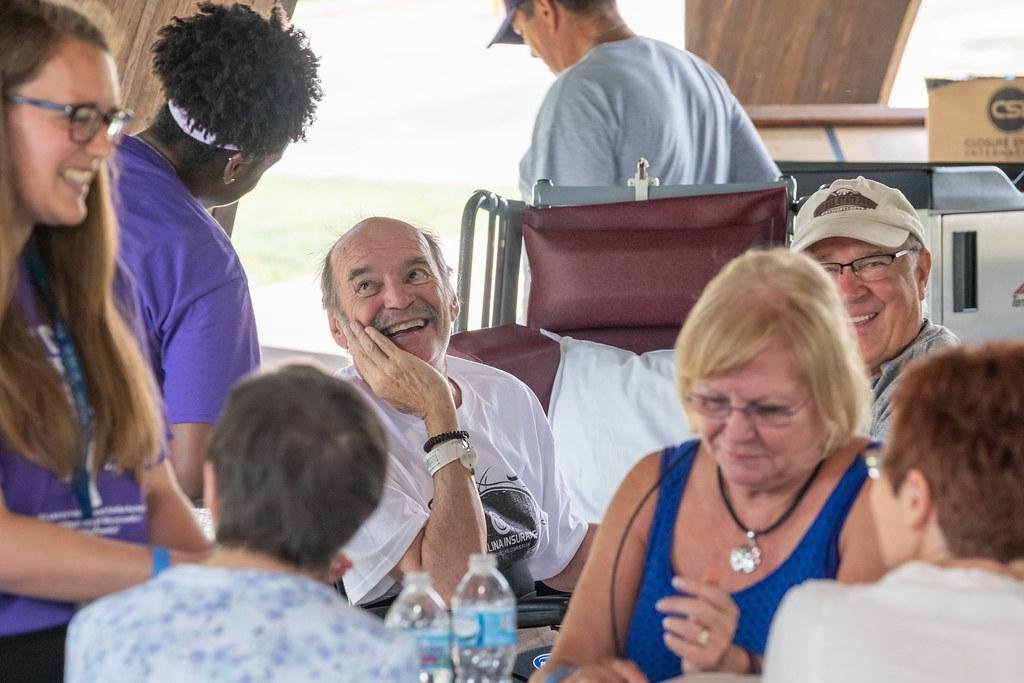Hospice care is a form of health care that focuses on relieving the pain and symptoms of a terminally ill patient and addresses their emotional and spiritual essentials at the end of life. Hospice care prioritises convenience and quality of life by relieving pain and suffering.
What is hospice care?
More and more people choose hospice care at the end of their lives. Hospice care focuses on the quality, care, and comfort of the life of a person with a severe illness who is nearing the end of life.
At some point, it may no longer be possible to cure serious conditions, or a patient may not want to undergo specific treatments. The hospice is meant for this situation. Patients who enter hospice care understand that their illness won’t respond to medical attempts to cure or slow its progression.
Like palliative care, hospice provides comprehensive care and support for the family but tries to cure the illness are stopped in a hospice. It is offered to people with a terminal illness whose doctor believes they have seven months or less to live if the disease takes its natural course.
A patient needs to discuss hospice care options with their doctor. Sometimes people need to start hospice care early enough to take full advantage of the assistance offered. Perhaps they wait too long to start hospice care and are already too close to death. Or some people may need to be eligible for hospice care early enough to get the full benefit. If you start hospice care early, you may get months of meaningful care and lots of time with your loved ones.
What does hospice care provide?
All hospice providers must offer specific services. However, they usually differ in the type of services, staffing levels, and support provided.
Palliative care and symptom control
Palliative care is also called supportive care, symptom control or comfort care. It can be provided independently of hospice care (for example, during active cancer treatment) but is often part of hospice care when the cancer is no longer being treated because it’s worsened. Palliative care doesn’t treat cancer itself. Instead, it prevents or treats signs and side effects as prematurely as doable.
When discussing hospice, palliative care looks at how cancer affects the whole person and helps relieve signs, stress and pain. It gives patients options and allows them and their carers to take part in planning their care. It’s about ensuring that all their needs are met. The palliative care team’s specialised professionals can help identify and manage mental, physical, emotional, social and spiritual issues that may arise.
The main goal of palliative care in hospice care is to help patients feel comfortable and enjoy the last phase of life. This means that discomfort, pain, nausea and other side effects are managed so that you feel as well as possible but are still awake enough to enjoy the people around you and make crucial decisions.
Home care and inpatient hospice care
Although most hospice care is provided at home, you may sometimes need to go to a hospital, nursing facility or inpatient hospice centre. Your home hospice team can arrange inpatient care and remain involved with your care and your family. You can return to at-home care when you and your family are ready.
Spiritual care
Because people vary in their religious needs and holy beliefs, spiritual care is tailored to your needs. This may include addressing the meaning of death for you, helping you say goodbye, or supporting you in a special religious ceremony or ritual.
Family meetings
Regular meetings, often led by the hospice nurse or social worker, inform family members about your condition and what to expect. These meetings allow everyone to share their feelings, talk about what’s happening and what they need, and learn more about dying and the process of it. Family members can get a lot of support and stress relief from these meetings. Daily information can also be given informally when the nurse or care assistant talks to you and your carers during routine visits.
Coordination of care
The hospice team coordinates and oversees all care every day. In addition, this team is responsible for ensuring that all services involved share information. This includes the inpatient facility, the doctor and other professionals from the community, such as pharmacists, clergy and funeral directors.
You and your carers should contact your hospice team around the clock for any problems. There is always a person there to help you if something happens. Hospice care gives you and your family the reassurance that you aren’t alone and can get help anytime.
Respite care
For patients being tended to at home, a few hospice services offer respite care to allow family and friends to take time out from caring for them. Institutions can provide respite care for up to 5 days, during which the person with terminal diseases is cared for either in the hospice facility or beds available in nursing homes or hospitals. Families can plan a mini-holiday, attend special events or rest at home while being cared for in an inpatient facility.
Bereavement care
Bereavement is the time of mourning after a loss. The hospice team works with the bereaved to help them through the grieving process. A trained volunteer, clergy or professional counsellor supports the bereaved through visits, telephone calls and other contacts, and support groups. In addition, the hospice team can refer family members and caring friends to other medical or professional services. Bereavement support is often provided up to a year after the patient’s death.







